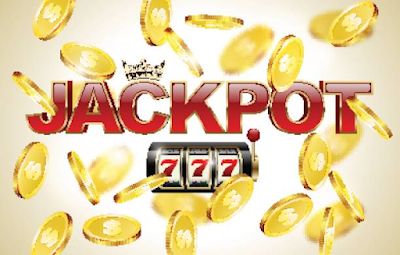Behavioral economics blends insights from psychology and economics to explore how people make decisions, often in ways that deviate from traditional economic theories. Unlike classical economics, which assumes that individuals act rationally and always in their best interest, behavioral economics recognizes that humans often act irrationally due to cognitive biases, emotions, and social influences.
The Allure of Online Slots
Online RAJAGACOR has become immensely popular, attracting millions of players worldwide. Their appeal can be attributed to several factors, including convenience, accessibility, and the immersive experience they offer. Behavioral economics helps explain why these Slots are so engaging and why players continue to participate, even when the outcomes are unpredictable.
The Impact of Emotions
Emotions play a crucial role in decision-making. Excitement, thrill, and anticipation can drive players to continue participating in online Slots, often leading them to take greater risks. Online demo slot provide demo versions of their games, allowing players to try them out before wagering real money just to stay out of additional stress.
Social Influences
Social factors also impact decision-making in online gaming. The presence of leaderboards, social media sharing, and online communities can create a sense of competition and social proof, encouraging players to continue playing. Additionally, players might be influenced by the behavior of their peers, leading them to mimic actions and decisions.
The Mechanics of Online Slots
The design and mechanics of online Slots are crafted to maximize player engagement. Behavioral economics provides insights into how these elements affect decision-making.
Variable Rewards
One of the most powerful tools in online gaming is the use of variable rewards. Unlike fixed rewards, variable rewards are unpredictable, which makes them more exciting and engaging. This concept is rooted in operant conditioning, where behavior is reinforced through intermittent rewards, leading to higher levels of participation.
Loss Aversion
Loss aversion is the tendency to prefer avoiding losses over acquiring equivalent gains. In the context of online Slots, players might continue to participate to avoid the feeling of loss, even when the odds are not in their favor. This can lead to increased play and higher spending.
Near-Miss Effect
The near-miss effect occurs when players come close to winning but fall short. This near success can create a strong motivation to continue playing, as players believe they are on the verge of a win. Behavioral economics explains that near misses are particularly effective in maintaining player engagement.
Strategies for Responsible Play
Understanding the principles of behavioral economics can help players make more informed decisions and promote responsible play.
Setting Limits
One effective strategy is to set time and spending limits before starting a gaming session. This helps players maintain control and avoid the pitfalls of emotional and impulsive decision-making.
Seeking Support
Engaging with support groups or online platforms like slot gacor hari ini that promote responsible play can provide players with valuable resources and encouragement. Sharing experiences and strategies with others can reinforce healthy gaming habits.
Conclusion
Behavioral economics offers valuable insights into the decision-making processes involved in online Slot play. By understanding the cognitive biases, emotional influences, and social factors that drive player behavior, individuals can make more informed and responsible choices. Implementing strategies such as setting limits, recognizing biases, taking breaks, and seeking support can help players enjoy online Slots while maintaining control over their decisions.








